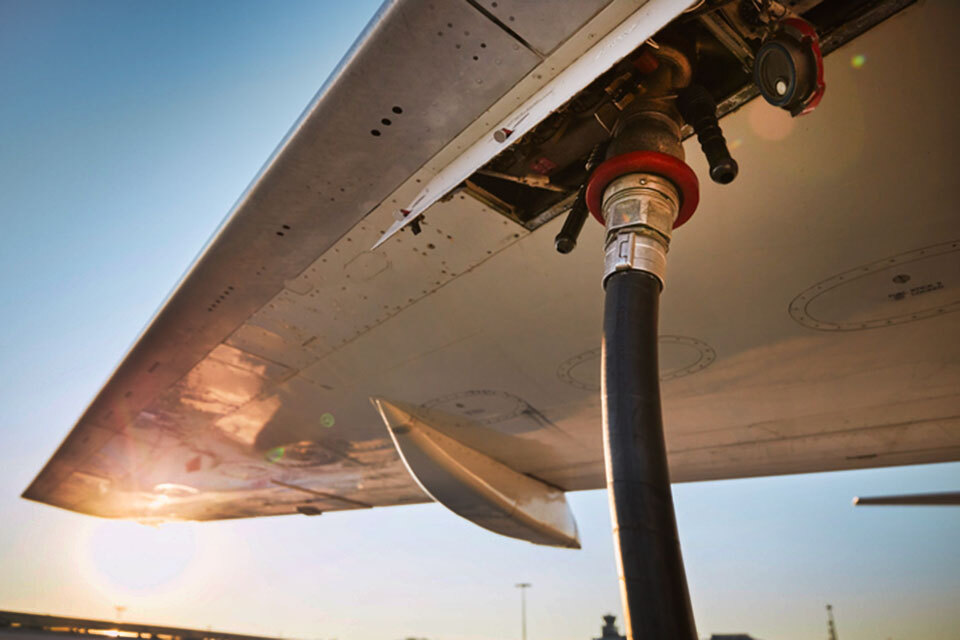- UK government helps to tackle climate impacts of flying by pressing forward with global carbon offsetting scheme
- new consultation will move forward UK implementation of landmark international scheme, helping address aviation’s impact on the planet whilst keeping airline costs down
- helps support government’s Plan for Change to make Britain a clean energy superpower as we accelerate to net zero and deliver on our mission for growth
The government is inviting public feedback on adopting a global carbon offsetting scheme to reduce climate impacts of flying, as part of a consultation launched today (16 December 2024).
The proposal outlines options for how the UK will implement the UN’s global Carbon Offsetting and Reduction Scheme for International Aviation (CORSIA).
Overseen by the UN’s specialised aviation agency, the International Civil Aviation Organization (ICAO), this pioneering scheme requires airlines to offset carbon dioxide (CO2) emissions on international routes.
This will be achieved by supporting initiatives such as switching to renewable energy sources – for example, solar grid installations – and reforestation projects.
The consultation includes proposals for how this scheme will be regulated in the UK, including penalties for non-compliance.
Aviation Minister, Mike Kane, said
The UK is already at the forefront of global efforts to address climate change and carbon pricing schemes play a vital role in decarbonising aviation.
The government is committed to supporting the aviation industry and with our Plan for Change at the heart, we’re helping the UK transition to a cleaner future in the most cost-effective way. We welcome all views on how airlines can continue participating in these crucial initiatives.
In partnership with the UK ETS Authority, the consultation also includes proposals for how the UK will implement CORSIA while maintaining commitments under the UK emissions trading scheme (ETS).
To prevent flights from the UK to Europe from being subject to both CORSIA and the UK ETS, the consultation suggests measures to ensure airlines are not unfairly burdened.
This approach also aims to avoid unnecessary price increases for passengers, ensuring the UK’s decarbonisation efforts do not negatively impact those who rely on air travel.
With aviation contributing around 3% of global emissions, the UK is one of 129 countries now participating in CORSIA. This includes offering support to other countries to help them participate in the scheme. For example, the UK has trained 11 other countries in Africa and other regions to apply the CORSIA scheme.
Tim Alderslade, Chief Executive of Airlines UK, said
UK airlines are committed to net zero, which alongside innovation to reduce our emissions directly also means effective international action in what is an inherently global sector. We welcome this latest progress and look forward to working with government to strengthen CORSIA and put the whole industry on a net zero path by 2050. Effective carbon mechanisms are critical in ensuring we can continue to deliver for passengers and cargo for generations to come whilst remaining on track to take the carbon out of travel.
Marie Owens Thomsen, Senior Vice President Sustainability and Chief Economist at International Air Transport Association (IATA), said
IATA welcomes this important consultation by the UK government as part of its promise to secure the long-term future of the air transportation industry with sustainability at its heart. CORSIA is the only global market-based scheme to reduce emissions from international air transportation and is critical to airlines’ decarbonisation efforts. The UK is the third largest air transport market globally and will play an important role in global efforts to decarbonise our industry.
IATA supports this important consultation and the UK government’s plans to adopt and implement the scheme, and encourages countries to prepare for CORSIA implementation in full alignment with ICAO CORSIA standard and recommended practice and to make the needed carbon credits available.
The consultation marks further progress in the UK’s commitment to addressing aviation emissions across the globe and comes following the first meeting of the Jet Zero Taskforce – a new and refreshed group charting a clear path toward cleaner aviation.
It goes hand-in-hand with the government’s missions to boost the economy and make the UK a clean energy superpower as well as support high-quality aviation and aerospace jobs throughout the UK.
The UK played a leading role in the development and agreement of CORSIA by ICAO, is supporting and encouraging other countries to participate and seeks to strengthen and improve the scheme over time.







